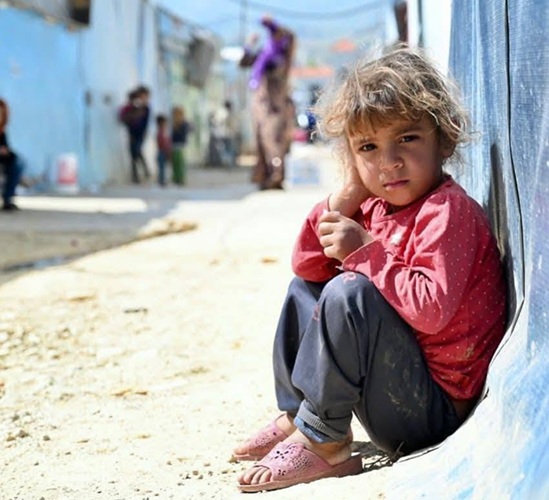In a welcome move, MPs in Gambia, recently voted to retain a law outlawing
female genital mutilation (FGM), sparking joy and relief among
campaigners. The move also reinforces this un-Islamic origin of this practice
in Africa and elsewhere.
Last week, thirty-four out of 53 Gambian lawmakers voted to maintain the FGM
ban, which was introduced in 2015, aid workers told the Guardian. The
remainder voted to repeal it.
There was certainly an air of jubilation amongst the anti-FGM activists and
workers of the world bodies, like the WHO, UNICEF, UN Women who have
continuously waged an advocacy campaign against this barbaric practice.
Jaha Dukureh, an FGM survivor and founder of Safe Hands for Girls, said: “Today
we stood on the right side of history one more time. We have shown that even if
they burn down this country, we will rebuild to protect our women and girls.
Today, we won for Gambia.”
According to the UN, Gambia has the ninth-highest rate of FGM in the world.
Almost three-quarters of Gambian women between 15 and 49 have undergone
FGM, which involves the partial or total removal of the external female genitalia.
Nearly two-thirds of them were cut before the age of five.
The bill was tabled in March by Almameh Gibba, who said he did so to “uphold
religious loyalty and safeguard cultural norms and values” in the Muslim-
majority state. It was initially approved by a majority of MPs, which forced
human rights campaigners to intensify lobbying against the move.
The law’s repeal was backed by Muslim clerics, who hold much sway in the
Gambia, a conservative country of 2.7 million people.
The vote was taken following the bill’s second reading after being referred to a
parliamentary committee for consultation. A third and final reading had been
tabled for next week.
Fabakary Tombong Jatta, the speaker of parliament, said: “(We) cannot be
engaged in such a futile exercise as to allow the bill to proceed to a third reading.
The bill is rejected and the legislative process exhausted.”
Judy Gitau, coordinator for Equality Now’s Africa office, applauded last Monday’s
vote for setting a precedent. She said: “Repealing the FGM law was going to set a
new low in the pushback against women’s rights.”
While welcoming the move to uphold the law, human rights campaigners warned
that more needed to be done to improve the lives of women and girls in the West
African country.

Indian-Origin Sabih Khan Named Apple’s New Chief Operating Officer
CUPERTINO, CA – In a landmark announcement, Apple Inc. has appointed Sabih Khan, an Indian-origin executive, as its new Chief Operating Officer (COO), effective later this month. Khan, a 30-year veteran of the tech giant, will succeed Jeff Williams, who is set to...




0 Comments